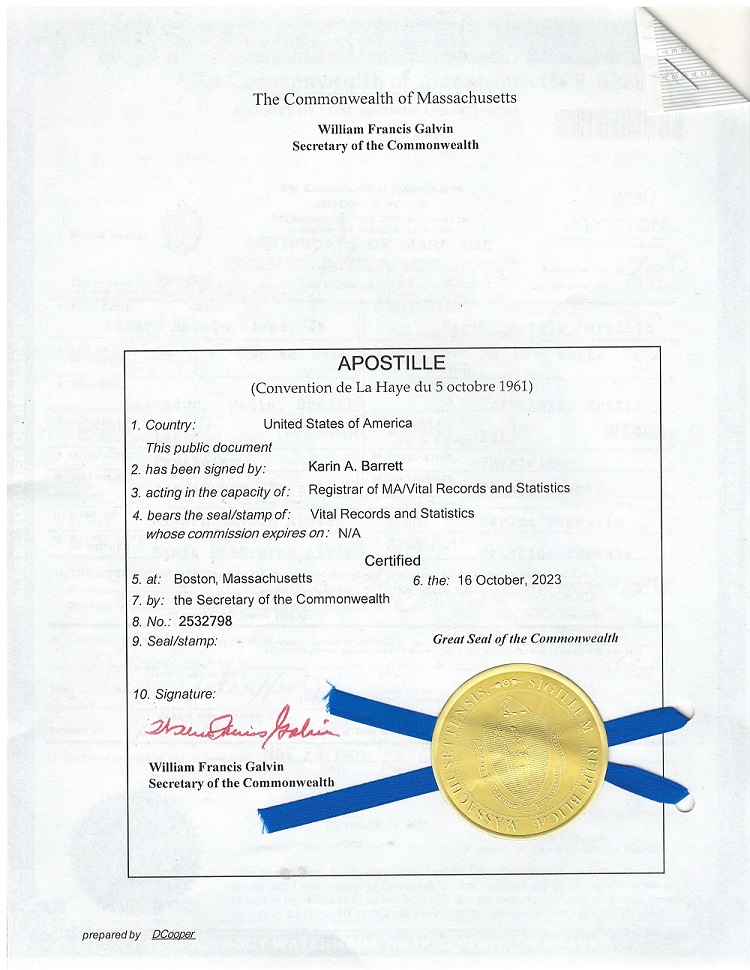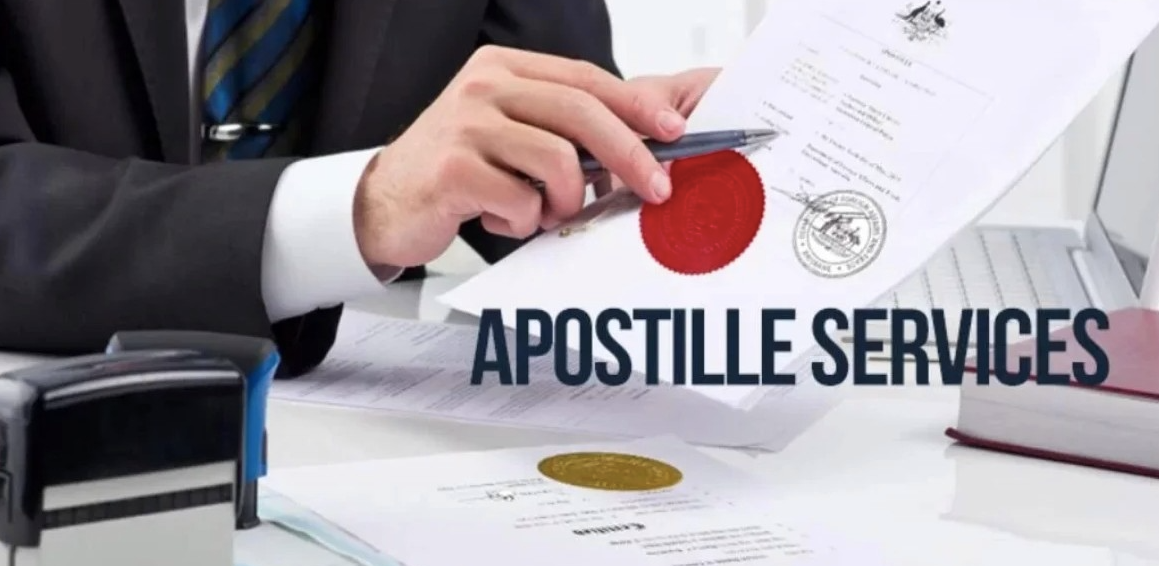Unveiling the Crucial Duty of Apostille in Simplifying International Paper Validation Procedures
In the world of worldwide affairs, the recognition of files holds paramount relevance. In the middle of the web of governmental procedures and varying lawful requirements throughout different nations, the function of apostille emerges as a key facilitator in simplifying the procedure. By affixing an apostille to a file, it undergoes a streamlined validation that is identified across countless nations, thus reducing the problems associated with cross-border paper authentication. As we dig into the ins and outs of this specialized certification, the subtleties between apostille and standard recognition methods emerge, shedding a new viewpoint on the effectiveness and performance of this essential yet usually neglected procedure.
Understanding Apostille Basics
In the world of record recognition for worldwide usage, realizing the fundamental principles of apostille authentication is vital. An apostille is a customized certification that validates the authenticity of a file for use in foreign countries that are part of the Hague Apostille Convention. Comprehending the fundamentals of apostille entails identifying that it does not confirm the web content of the record yet instead licenses the trademark and seal of the releasing authority. This certification streamlines the procedure of global record recognition by making certain that the record will certainly be identified as real in nations that are celebrations to the Apostille Convention.
Apostilles are typically issued for vital documents such as birth certifications, marriage certificates, and scholastic transcripts. The essential components of an apostille consist of the name of the country where it was issued, the name of the individual signing the file, the ability in which the individual signed the document, the seal or stamp of the releasing authority, and the day of issuance. By understanding these basic elements of apostille authentication, people and organizations can browse the complexities of international record recognition with self-confidence and efficiency.
Benefits of Apostille for Validation

In addition, the apostille simplifies the confirmation process by supplying a standardized certification that validates the credibility of the document, such as birth certifications, marital relationship licenses, notarized actions, and scholastic transcripts. This standard format minimizes the threat of being rejected as a result of unfamiliarity with international documents, therefore boosting the efficiency of cross-border purchases.
Moreover, the apostille assists in removing the need for several layers of verification by government authorities, as the apostille itself symbolizes the record's validity. This not just increases the document validation process however additionally decreases the connected prices and bureaucratic obstacles, making it a hassle-free and cost-effective remedy for businesses and individuals participating in global tasks.
Simplifying Cross-Border File Authentication
Assisting in the recognition of records throughout global borders, the apostille process works as a structured and generally identified approach for confirming numerous kinds of main documentation. Streamlining cross-border record verification, the apostille removes the demand for often complicated and lengthy recognition treatments typically required when presenting documents in international nations. By attaching an apostille to a paper, the providing country licenses the credibility of the paper, making it readily appropriate in various other countries that belong to the Hague Apostille Convention. This standardized process significantly reduces the time and initiative involved in verifying the legitimacy of main documents, promoting performance and simplicity of international deals.
Moreover, the apostille system boosts the safety and trustworthiness of cross-border record recognition by giving a clear and globally accepted system for verifying the credibility of papers. This simplification of verification refines not only advantages individuals and organizations seeking to run worldwide but additionally fosters smoother communication and cooperation between countries by making sure the reliability of shared paperwork.
Importance of Apostille in Legalization

Apostille makes sure that lawful documents such as birth certifications, marital relationship certifications, powers of attorney, and court records are recognized and accepted in international territories. This is especially important in lawful issues such as international fosterings, immigration processes, or organization transactions that include parties from various nations. The apostille procedure reduces the bureaucratic difficulties and time-consuming treatments commonly related to record legalisation, making international transactions extra effective and lawfully binding. In conclusion, the importance of apostille in the legalization of global documents can not be overstated, as it assists in smooth cross-border communications and ensures the credibility and authenticity of legal paperwork.
Apostille Vs. Standard Validation Methods
Contrasting apostille with conventional recognition approaches reveals distinct differences in the performance and simplicity of paper authentication processes for international use. Apostille, as a standard and streamlined approach established by the Hague Convention, provides a more simple technique to verifying records contrasted to standard methods. Standard validation processes typically involve several actions, consisting of notarization, accreditation by federal government authorities, and consular legalization, which can be time-consuming and cumbersome.
Apostille, on the other hand, simplifies this process by accrediting documents with a solitary apostille certificate released by a competent authority in the nation where the document stems (Houston TX Apostille). This certification is recognized by all participant countries of the Hague Convention, removing the need for more embassy legalization. Because of this, apostille dramatically minimizes the moment and effort needed for file recognition, making it a preferred selection for organizations and individuals included in worldwide purchases
Verdict
In final thought, apostille plays an important duty in simplifying global file that site recognition processes by supplying a standard technique of authentication that is identified across getting involved countries. By simplifying the legalization process, apostille eliminates the demand for multiple layers of recognition, reducing time and expenses connected with cross-border file verification. This efficient system benefits people and companies seeking to utilize international documents for legal objectives, ensuring smoother worldwide purchases.
By fastening an apostille to a document, it goes through a simplified validation that is acknowledged throughout countless nations, hence relieving the burdens connected with cross-border record verification. Simplifying cross-border paper authentication, the apostille gets rid of the demand for usually complicated and lengthy validation procedures usually called for when offering records in international website link nations. By fastening an apostille to a document, the providing nation accredits the credibility of the paper, making it easily appropriate in various other countries that are part of the Hague Apostille Convention. By attaching an apostille to a file, the providing country certifies the authenticity of the signature, seal, or stamp on the file, making it valid for use in another participant nation of the Hague Apostille Convention without the demand for additional legalisation.

Comments on “Apostille Solutions in Houston: Streamline Your Paper Legalization”